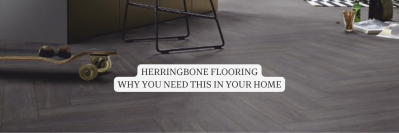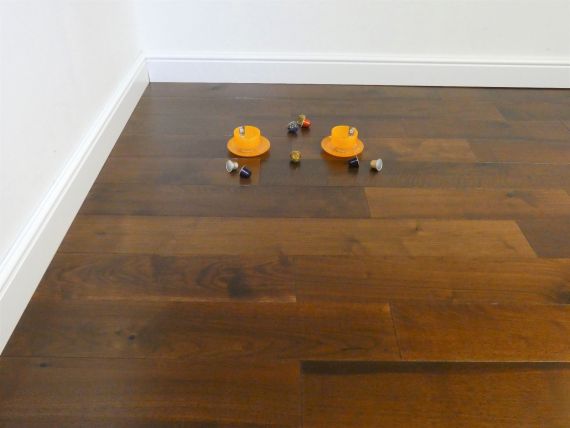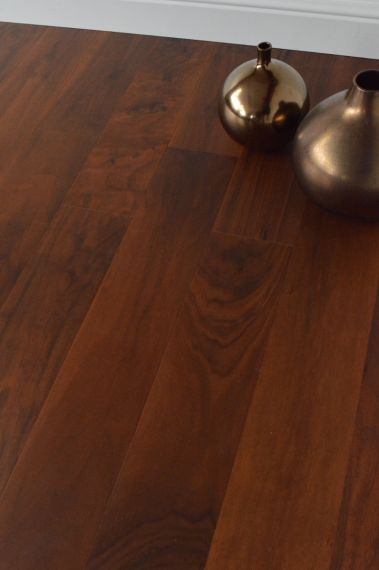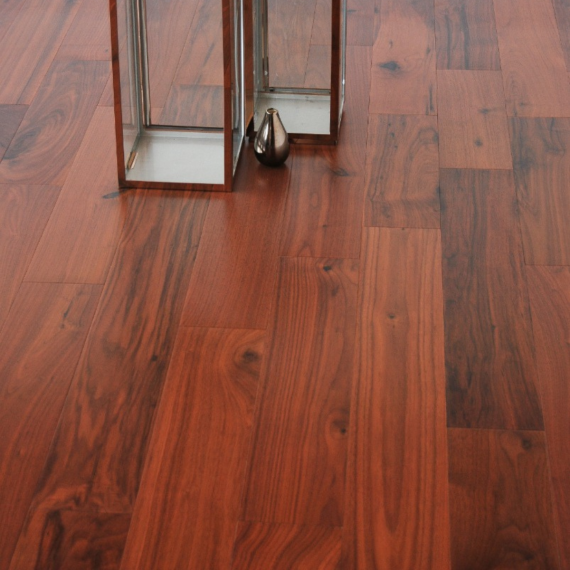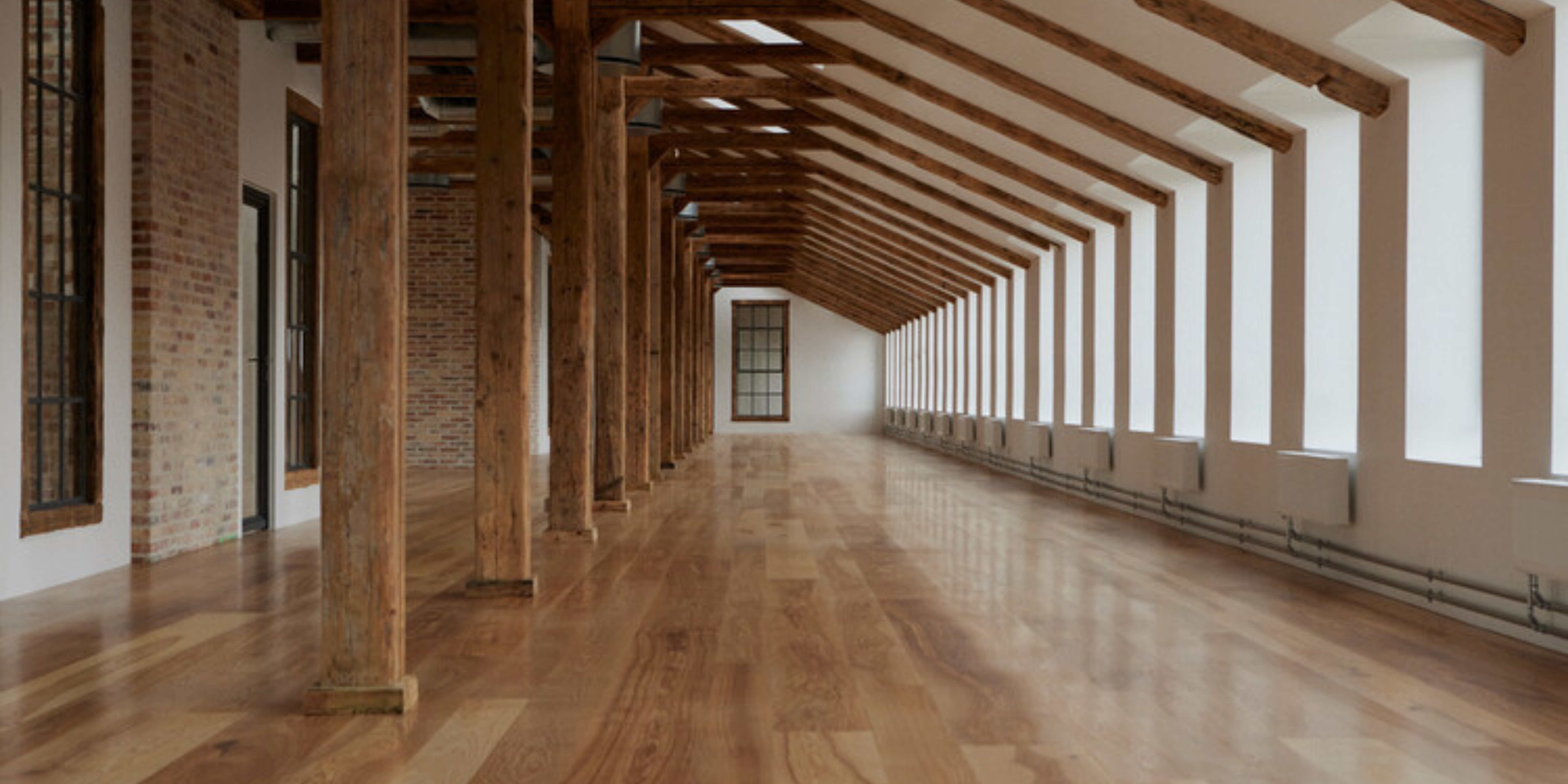

Choosing Between Engineered Walnut and Solid Walnut: Which is Right for Your Home?

If you're looking for a beautiful flooring option for your home, you may be considering walnut. But what type of walnut should you choose? Engineered walnut or solid walnut? To help you make the best choice for your home, this article will discuss the pros and cons of each option. Keep reading to learn more about choosing between engineered walnut and solid walnut!
When it comes to flooring options for your home, walnut is a classic, timeless choice that can bring elegance and sophistication to any room. But when it comes to choosing between engineered walnut and solid walnut, how do you know which one is the right choice for you?
Engineered Walnut
Engineered walnut is a hybrid flooring option that combines the beauty of natural walnut with the stability of a plywood core. Its top layer is made of genuine walnut, giving it the same look and feel as a solid walnut floor.
Engineered walnut is typically more affordable than solid walnut, as it's composed of less expensive materials. It's also more resistant to temperature and moisture fluctuations, making it a great choice for areas like bathrooms and kitchens.
Pros of Engineered Walnut
- More affordable than solid walnut
- More resistant to temperature and moisture fluctuations
- Can be installed over existing floors
- Easy to install
- Requires less maintenance
Cons of Engineered Walnut
- Not as durable as solid walnut
- Can be scratched or dented more easily
- Cannot be refinished
Solid Walnut
Solid walnut flooring is made from 100% real walnut wood, making it the more traditional option of the two. Solid walnut is known for its durability and longevity - it can last for many years with proper care.
Solid walnut is also easier to refinish if it becomes scratched or worn over time. However, it is more expensive than engineered walnut and can be more prone to warping and cracking in areas with high moisture levels.
Pros of Solid Walnut
- More durable than engineered walnut
- Easier to refinish if scratched or worn
- Can last for many years with proper care
Cons of Solid Walnut
- More expensive than engineered walnut
- Can be more prone to warping and cracking in areas with high moisture levels
- Requires more maintenance
When it comes to choosing between engineered walnut and solid walnut, it's important to consider your budget, lifestyle, and the type of environment your flooring will be in. Think about the level of maintenance you're willing to do and the type of look and feel you want for your home.
For example, if you have a tight budget and you're looking for a flooring option that is low-maintenance and resistant to temperature and moisture fluctuations, engineered walnut is the better choice. But if you're willing to invest in a high-quality flooring option that can last for many years with proper care, solid walnut might be the better option for you.
At FlooringHub.co.uk, we have a wide range of both engineered and solid walnut flooring products to choose from. Whether you're looking for a sophisticated look for your living room or a durable flooring option for your kitchen, we have something to suit your needs. Check out our range of engineered wood flooring products here, where you can order unlimited free samples and get free delivery on orders over £299.
Whichever type of walnut flooring you choose, you can be sure that you're investing in quality and durability.
If you have any questions about choosing between engineered walnut and solid walnut, our team of experts is here to help. Contact us here and we'll be happy to answer any questions you may have.
By considering your budget, lifestyle, and the environment your flooring will be in, you'll be able to make the best choice for your home.
Thanks for reading and keep an eye out for my next blog post here on FlooringHub.co.uk.
Dave



